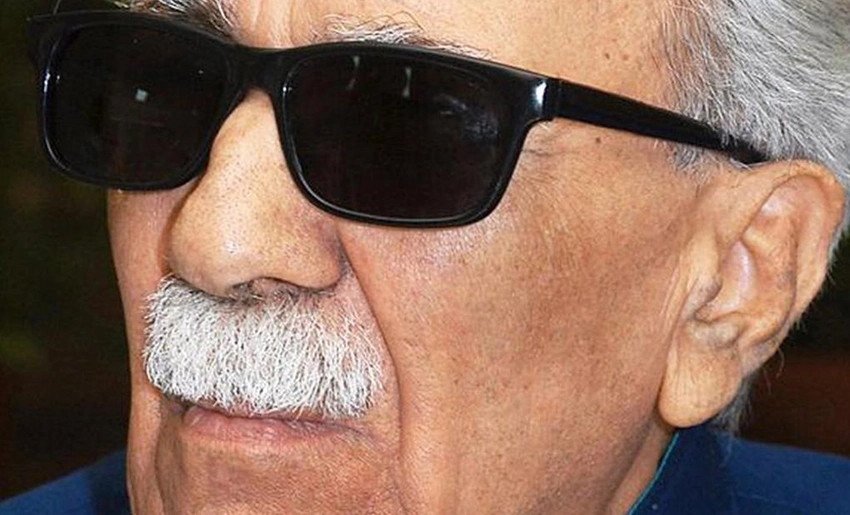September 30th is not just a day on the calendar. It’s a celebration of the poetic legacy left by Jesús Orta Ruiz, known as Indio Naborí. This date, established in 1998 as the Day of the Spanish-American Décima (ten-line song). Pays tribute to a man who, through his verses, captured the essence of the Cuban soul. Also by extension, of all of Latin America.
Born in Guanabacoa in 1922, he emerged from a peasant family that preserved Spanish traditions and folklore in the Cuban countryside. From a young age, he displayed an innate talent for poetry. Which drew on the cultural roots of his surroundings.
His life was marked by a deep connection with the décima, that ten-line stanza that has been the preferred vehicle of expression for so many popular Cuban poets. This poetic form, with its unique rhythm and musicality, became the hallmark of his work.
Futhermore the story of Orta Ruiz is also one of transformation. Before 1959, his poetic voice already resonated in guajira music. But it was after the Revolution that his talent took on a new dimension.
Founder of the Union of Artists and Writers of Cuba (UNEAC in the Spanish acronym), he generously donated his prizes to revolutionary projects and traveled to countries such as the former USSR. Bringing with him the cultural richness of his homeland. His poetry was not only a reflection of his surroundings but also a beacon that illuminated the struggles and hopes of the Cuban people.
One of his most emblematic works, ” Elegy of the White Shoes,” tells the moving story of Nemesia, a girl from Girón, who became a symbol of social sensitivity. Although blind, Indio Naborí had a clear vision of the world around him. His ability to see beyond the obvious made him a teacher to many. His poetry was a hymn to what his eyes could not perceive. A testament to the power of the human spirit.
In 1964, his commitment to peasant culture led him to propose a project to establish the Jornada Cucalambeana (Cucalambean Day). An event intended to honor the poet Juan Cristóbal Nápoles Fajardo and revitalize rural traditions. His work was translated into more than ten languages and was recognized on multiple occasions. Including the prestigious National Prize for Literature in 1995.
Naborí was not only a poet. He was a chronicler of the Cuban soul, a defender of popular culture, and a beacon for future generations. His legacy lives on not only in his writings but also in the hearts of the Cuban people. Who continue to celebrate the power of the décima as a symbol of cultural identity.
Moreover he passed away on December 29th, 2005. His spirit lives on in every recited verse, in every improvised ten-line, and in every corner where guajira music resonates. On this Hispano-American Décima Day. We remember Jesús Orta Ruiz not only as a great poet, but as an irreplaceable voice who continues to inspire all those who believe in the transformative power of words.
By: Leannis Berbén Leyva
- Medical Equipment in Holguin Guaranteed to Be in Operation - 12 de February de 2026
- Aid Arrives in Cuba from Mexico - 12 de February de 2026
- Tauba Holmotor in Holguin Expands Production Through Innovation - 12 de February de 2026

